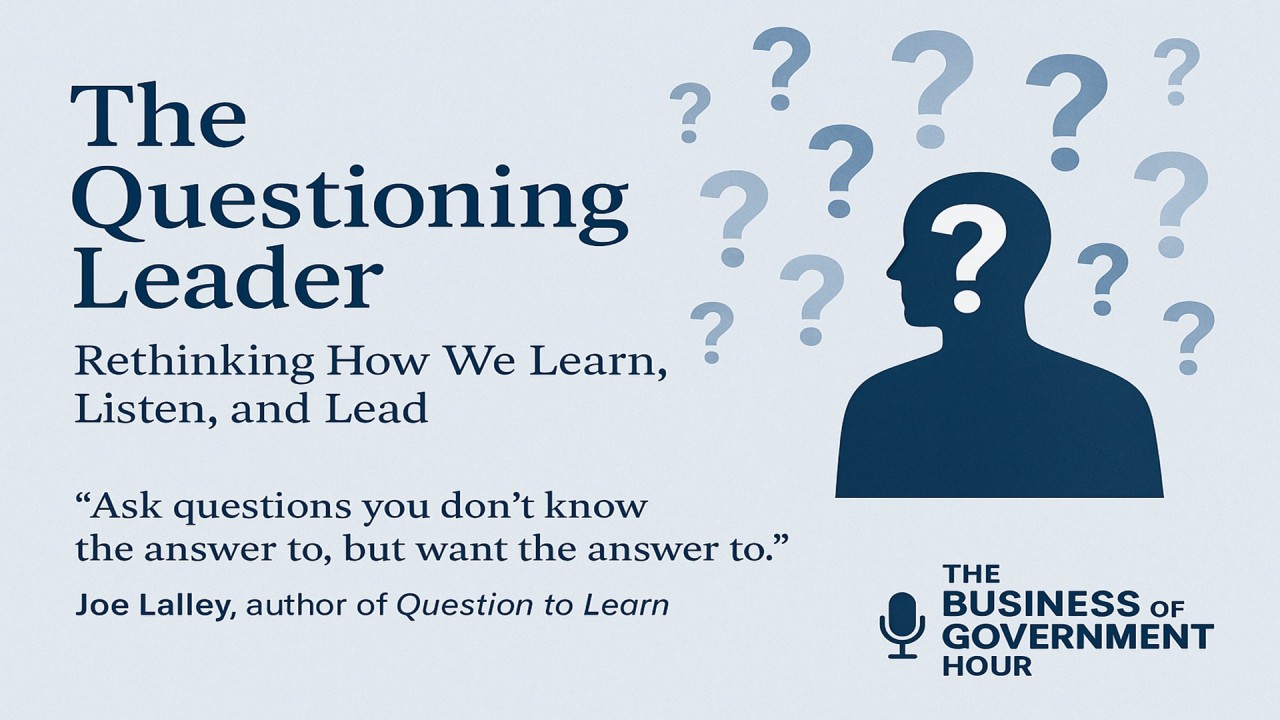
I often receive questions about procurement from all directions and perspectives. I recently received one from an entrepreneur that I thought everyone might benefit from reading my answer to. The question related to the onerous requirements and processes that procurement teams put up which are expensive, time-consuming, and often push for early pay discounts regardless of the size of the vendor or the size or duration of the contract. In this case, procurement was hindering business between the parties, rather than facilitating it, and the entrepreneur was questioning whether to walk away.
If you’re a small business owner, you’re certainly not alone in being fed up with “us” – meaning corporate procurement. That seems like a funny thing to say these days, as I’m not really in procurement anymore. I am on the small vendor side and I completely sympathize with your procurement overhead struggles.
That said, I think I can connect the two sides of my experience – being in corporate procurement and running my own B2B business – to provide some actionable advice that you and others may be able to use to protect your bottom line while aggressively growing the top line.
1. When a customer’s processes or requirements drive up your costs, you have to increase your prices to cover them. Whenever possible, make sure they know what they are doing to make themselves expensive to serve. If they have a procurement team with any sense at all, that will raise red flags all over the place. If they don’t care, don’t walk away - RUN!
2. Only raise prices on the companies that drive up your costs; don’t try to distribute the increased overhead across clients or packages. That indirectly forces easy to serve companies to ‘subsidize’ the difficult ones and punishes the wrong companies for the wrong reasons.
3. Take the proposed length of the agreement into consideration, especially if you suspect the customer will be high maintenance. The harder they push for things like early pay discounts, etc., the longer you should push the agreement. It should make sense to them that if you are going to take on risk for them, you need some certainty (and liquidity!) to protect yourself in return.
4. Don’t agree to ‘volume discounts’ if they aren’t associated with efficiencies on your part. People often ask me, “How much will you lower your prices if I promise to hire you to do more writing for me?” I tell them that more work is just more work. It isn’t like building components where I realize an economy of scale by doing more writing. If the time/cost savings aren’t there, you can’t be expected to pass them along.
5. BUT… Be prepared to tell people how they can make themselves less expensive to serve. I have a whole list of ways I can save myself time, therefore lowering my customers’ costs. Sometimes that means the customer point of contact takes on a bit more work, but if it saves me time and lowers my costs, then they get lower prices.
I have also ‘fired’ a few clients over the years, either because I couldn’t make any money serving them or because they were horrible and disrespectful to deal with. Small business owners have to protect our bottom line, and if that means losing a client, so be it. There is no reason to have a client that you lose money to service.
On the flip side, if you find a good client, do anything you can (within reason) to keep them – and keep them happy! If your relationship works because of your point of contact rather than the company, protect yourself via a statement of work and offer up additional help or insight ‘under the table.’ That way, if they leave the company, you aren’t stuck finishing a ‘friends and family’ deal with someone you don’t like, and the point of contact may even bring you in to their new company.
Good procurement teams want their suppliers to make money. Not too much money, but enough to make a profit, take care of their team, and reinvest for the future. If you’re feeling heartache before the contract is signed, there is no reason to think things will improve after the ink is dry.
Good luck!
By Kelly Barner
Keywords: Startups, Procurement, Legal and IP

 Who Are You Under Pressure - And Is That the Real You?
Who Are You Under Pressure - And Is That the Real You? LinkedIn Voice for Sales
LinkedIn Voice for Sales Succession Planning is Hard because it’s Identity, Structure, and Systems All at Once
Succession Planning is Hard because it’s Identity, Structure, and Systems All at Once The Corix Partners Friday Reading List - February 13, 2026
The Corix Partners Friday Reading List - February 13, 2026 The Questioning Leader: Rethinking How We Learn, Listen, and Lead
The Questioning Leader: Rethinking How We Learn, Listen, and Lead